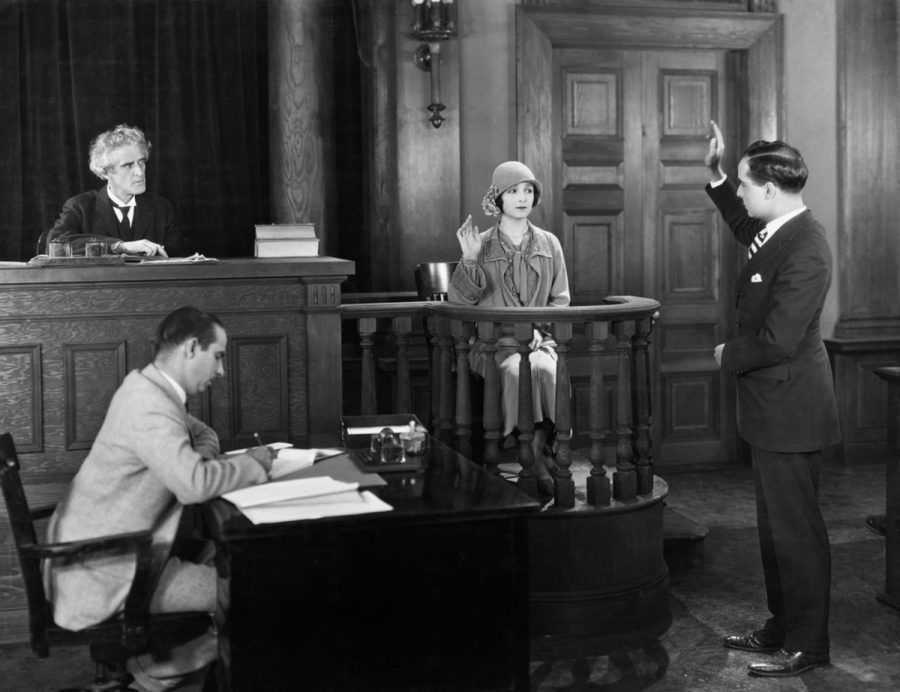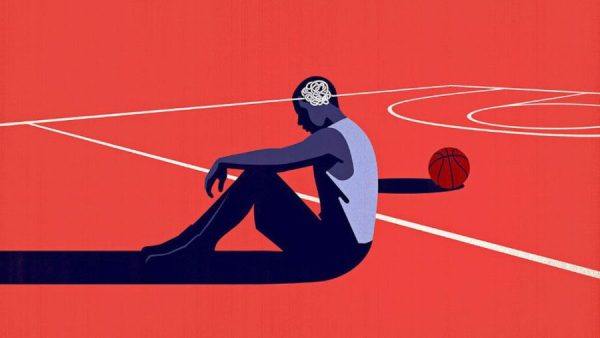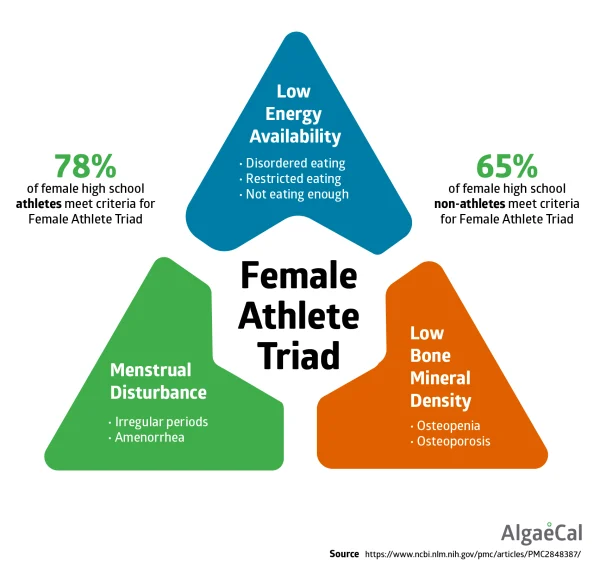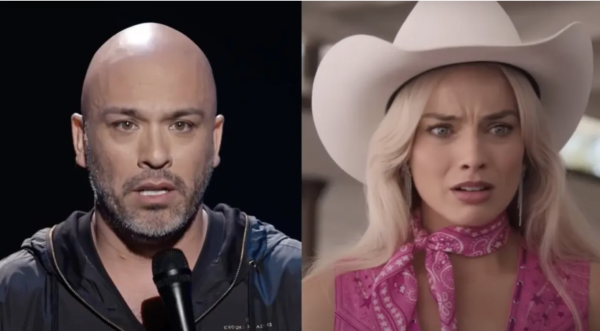Should Eyewitness Testimony be Permissible in Court?
In my family, I am known to be the one who is most observant; I see things others may not pick up on, I hear things better than others, and my memory is very good. However, all around me, I wouldn’t say my “skills” apply to everyone. Today, commonly, people lose track of their keys, wallet, phone, and so much more. I think, to answer the question, the allowance of eyewitness testimony in Courtrooms is debatable. Personally, I think the use of eyewitness testimony should still be permissible in Court, but with a twist. As someone who was very interested in pursuing a law career, I’ve done a lot of listening and research on Court cases, some of which I’ve actually studied through WOHS. Some of the time, eyewitness testimony is the key to cases. But, no doubt, people believe the tricks their mind can play, or they simply lie. Going back, I do think eyewitness testimony should still be permissible in Court, unless their memory can be proven to not be up to par.
To break it down, there are a lot of pros and cons to whether eyewitness testimony should be permissible in Court. Off the bat, some pros of eyewitness testimony include that it serves as direct evidence, provides a direct link to the incident in question, can be combined with other eyewitnesses to enforce its reliability, can be strengthened with earlier testimony, and more. On the other hand, it isn’t always reliable; it can be manipulated and influenced by emotions, be forced or bought, and can include altered perceptions of reality.
Without a doubt, memory changes. It’s often like a game of telephone. According to a study by Northwestern Medicine, that’s exactly what it’s like. It’s been said that anytime you recall an event from the past, the brain “networks a change in ways that can alter the later recall of the event.” So, what this means is that the next time you want to recall an event, you may not remember what happened originally rather than you’ll remember how you remember the event. Donna Bridge, who is a postdoctoral fellow at Northwestern University Feinberg School of Medicine said, “Your memory of an event can grow less precise even to the point of being totally false with each retrieval.” Overall, the study that was performed proved how memories change and become distorted over time.
Like I said before, eyewitness testimony being permissible in Court is debatable. I can easily see it both ways. I realize that this is a vague answer, but this isn’t a question that I believe can be answered by a strict “yes” or “no.” Eyewitness testimony is something that either helps a case or hurts it. It’s not really the testimony itself that can be used in Court, but it’s the person giving the testimony. When discussing this, I think a number of questions come to mind. What’s in it for them? Were they paid? Are they telling the truth? What’s their story? How’s their memory? Why were they there initially? Why them?
With all this information, what do you think? Do you think eyewitness testimony should be permissible in court?











































































